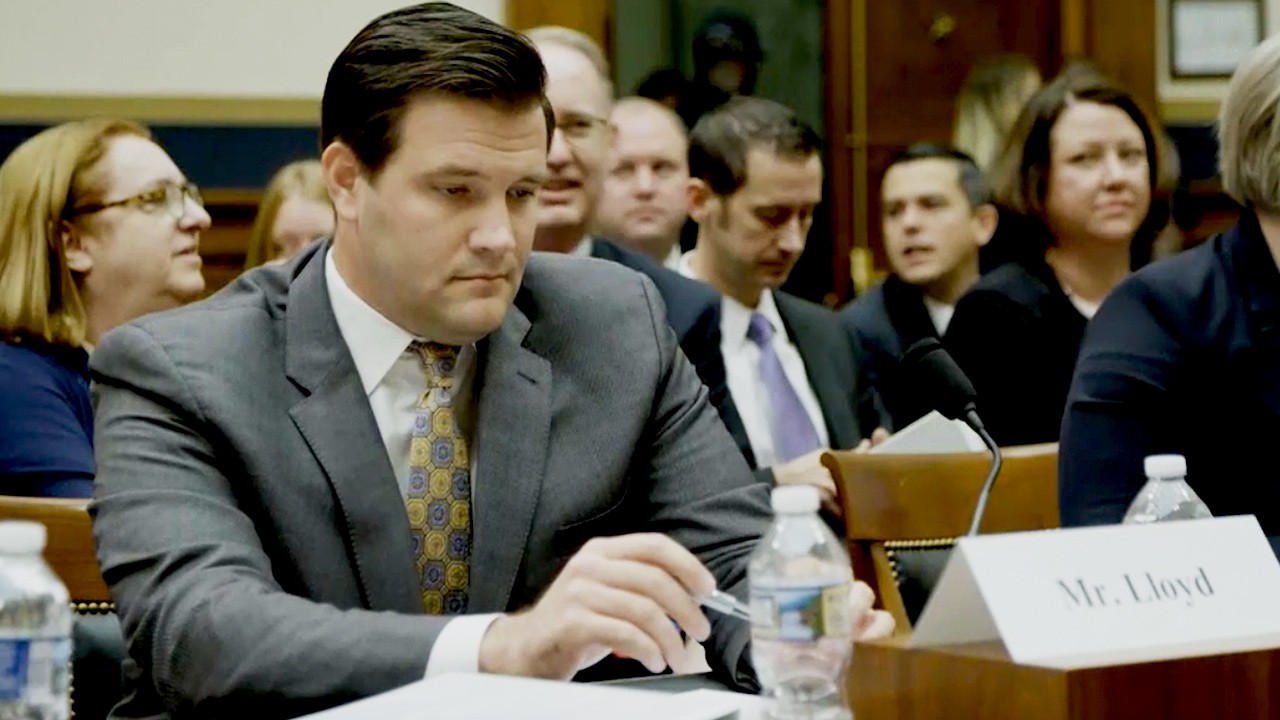South Dakota is set to become the first state to not only tell abortion providers what they can say to patients but also to dictate what they can’t say.Providers who work at the state’s only abortion clinic, in Sioux Falls, are legally required by the state to tell patients certain information, such as, “Abortion will terminate the life of a whole, separate, unique, living human being.” But under a first-of-its-kind law passed Monday by the state Legislature, providers can no longer preface that information with the phrase “politicians in the state of South Dakota require us to tell you that” — even though state lawmakers acknowledge that the phrase is true.Elizabeth Nash, senior state issues manager at the Guttmacher Institute, says she’s never even seen a state legislature propose such a requirement, much less pass it. But South Dakota has historically had some of the country's most restrictive abortion laws.“Medical ethics require that patients receive full and relevant information about their condition and treatment, and by limiting the kinds of information that the patient can receive, you really have undercut medical ethics,” Nash said. “We’re always concerned around new intrusions into the doctor-patient relationship, and it wouldn’t be surprising to see other states try to do this.”The bill’s sponsors, who were all Republicans, argue it ensures that people seeking abortions have all the information they need to make their decision. According to the bill, letting patients know that providers are legally required to make certain statements “is antithetical to the purpose and effectiveness of the disclosures, and evidences a hostility to the required disclosures and signals to the pregnant mothers that the required disclosures, to the extent they are made at all, should be ignored.”The Sioux Falls clinic passes the South Dakota’s regular inspections and is in full compliance with state law, Jennifer Aulwes, a spokesperson for Planned Parenthood of Minnesota, North Dakota, and South Dakota, told VICE News.“The South Dakota legislature seems to be obsessed with passing abortion restriction laws and laws that interfere with the doctor-patient relationship,” Aulwes said. Republican lawmakers have chipped away at abortion access in the state for years. South Dakota also requires people seeking abortions to wait 72 hours between receiving a consultation and actually getting the procedure, and abortions can’t be performed more than 20 weeks after an egg is fertilized.Several states make abortion providers tell patients information that reproductive health advocates say is misleading. Three states mandate that patients be told that it’s possible to “reverse” a medication abortion using a scientifically unproven procedure, five states say patients must be given information that inaccurately links abortion with an increased risk of breast cancer, and eight have counseling materials that emphasize patients’ potential negative reactions to abortion, according to the Guttmacher Institute.The South Dakota bill will now be sent to the desk of Gov. Dennis Daugaard, a Republican. His chief of staff told Argus Leader that Daugaard will likely sign the bill.In 2011, Daugaard signed into law a bill requiring women who want abortions to first visit “pregnancy help centers,” which are better known as crisis pregnancy centers and which try to dissuade women from getting abortions. This new bill will also expand those centers’ powers, but won’t go into effect as that law is currently tied up in litigation.Cover image: In this April 13, 2011 photo, Becky Kolb, an X-ray technician trained in obstetric ultrasound, shows an exam room where technicians give sonograms at the Alpha Center in Sioux Falls, S.D. A new South Dakota law would require women to wait 72 hours before getting an abortion and first undergo counseling. (AP Photo/Dirk Lammers)
Advertisement
Advertisement
